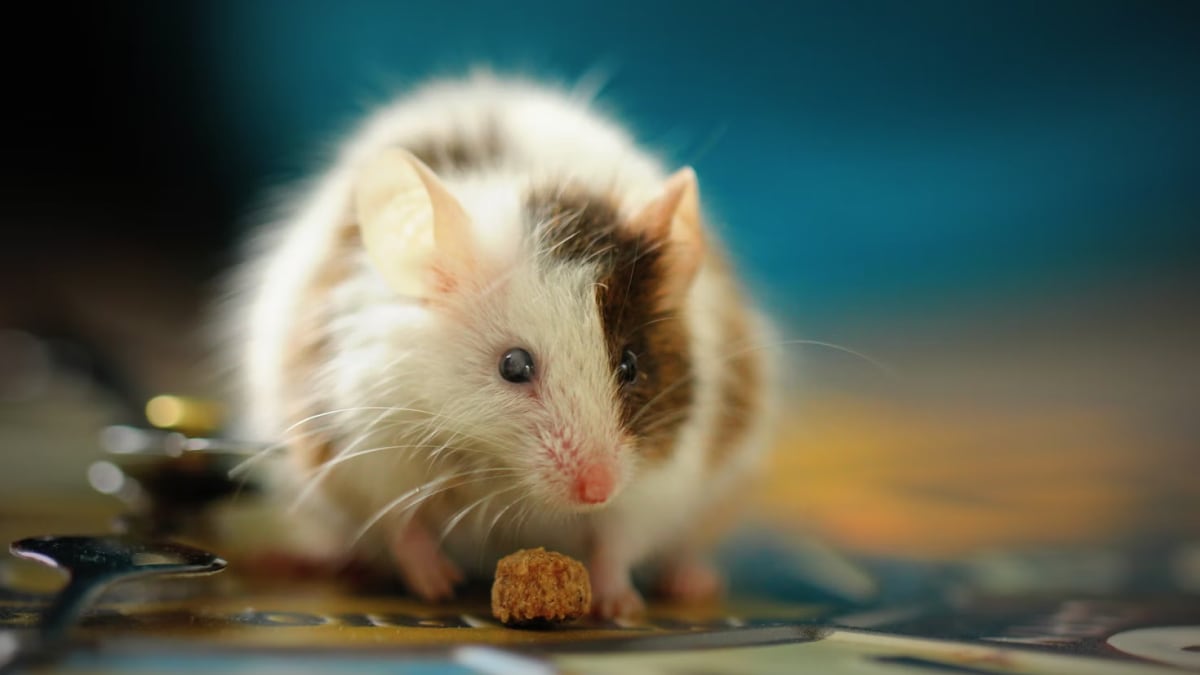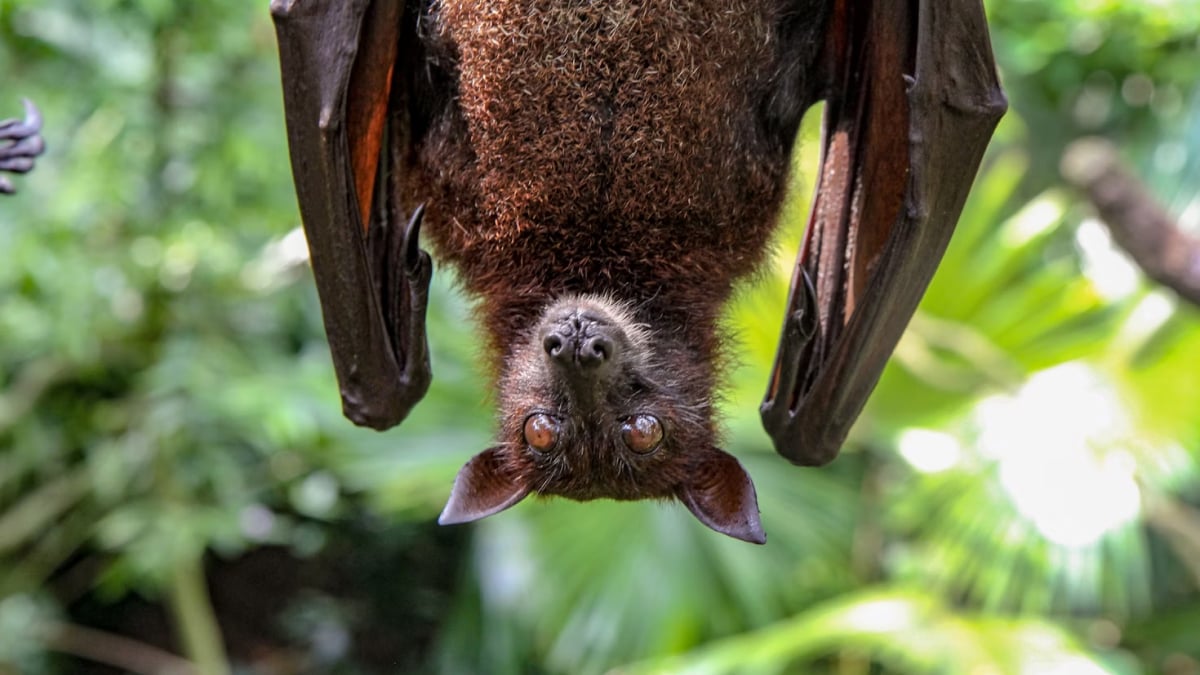Patients suffering from chronic pain have limited treatment options, often relying on medications like opioids that come with harmful side effects and high addiction risks. A new study in mice, published in Current Biology journal, suggests a new way to use the placebo effect for treating chronic pain. By activating specific neurons in the brain linked to pain relief, researchers managed to create an environment where mice associated pain relief with their surroundings, providing a sustained placebo effect.
Study by Fan Wang's Team
Fan Wang, a neuroscientist at the Massachusetts Institute of Technology, led this research. Wang and her team explored how neurons in the central amygdala could be "reverse-engineered" to mimic the placebo effect, according to a Science.org report. They conditioned mice, previously affected by chemotherapy-induced chronic pain, to link a particular environment with pain relief. Even when the neural stimulation was removed, the mice continued to display pain relief, showing reduced pain-related behaviours.
The Role of Pain-Suppressing Neurons
This placebo effect was achieved without reactivating the pain-suppressing neurons, indicating a separate brain mechanism driving this response. Researchers discovered that the placebo effect also occurred, though weaker, when the mice were given morphine instead of neural stimulation.
Potential Implications for Human Treatment
Fabrizio Benedetti, a placebo expert from the University of Turin Medical School, believes this study supports the idea that placebos and drugs might share common mechanisms. While the placebo effect in humans involves complex factors like social interaction, these animal models could help deepen our understanding of pain management.
Dr. Benedict Alter of the University of Pittsburgh notes that, although there is a long way to go before this research applies to human patients, these findings hold significant potential for drug-free treatments.
































